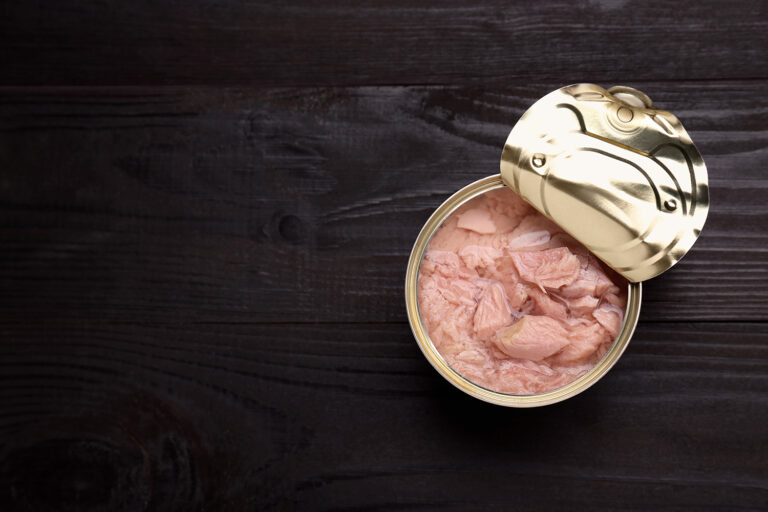
Intelligence
Can a preservative reduce mercury in tuna, or is it a solution in search of a problem?
Researchers claim that packing tuna in a known preservative can reduce levels of mercury, quietly reigniting one of seafood’s oldest controversies.

Intelligence
Researchers claim that packing tuna in a known preservative can reduce levels of mercury, quietly reigniting one of seafood’s oldest controversies.
Health & Welfare
Adequate water quality for fish and shrimp farming is essential for controlling feeding rates, phytoplankton density and several other key parameters.
Aquafeeds
Fish nutrition expert Louise Buttle of dsm-firmenich talks about the potential of adding nutrition-packed single-cell proteins to aquafeeds.
Fisheries
An onboard cooling system for small fishing boats reduces food waste and fuel use, with one design storing langoustines in "hotel rooms."
Responsibility
A new report warns seaweed species face local extinction by 2100 and calls for global action to protect these vital marine habitats.
Intelligence
Innovasea and Mila partner to advance AI tools that improve fish tracking and production, aiming to boost efficiency across aquaculture.
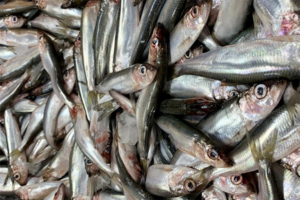
Knowing the spatial distribution of fishmeal and fish oil plants can help promote seafood traceability and manage social, environmental and economic impacts.
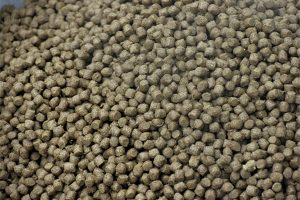
New dsm-firmenich survey highlights the continued threat of mycotoxins in animal feed, with the highest levels found in China and South Asia.
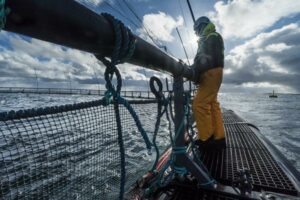
A new study finds that more omega-3 fatty acids in salmon diets boost survival, efficiency and quality, proving ROI in better nutrition.
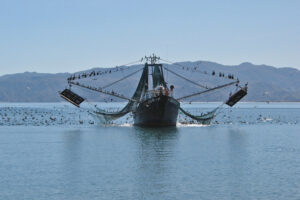
Study assembled resources from publicly available data sources, focusing on aquatic species, water areas and fishing gear accessible online.
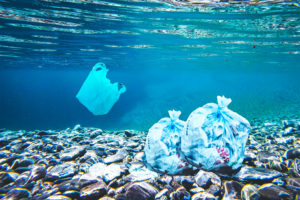
Study suggests a threshold level of seafloor plastic litter density to ensure the sustainability and profitability of commercial fishing.
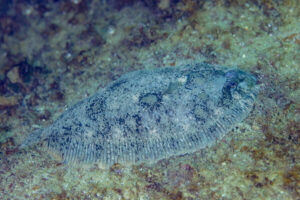
Regulation outside of gear specifications is needed for this common sole fishery with no additional selective device that will increase retention.
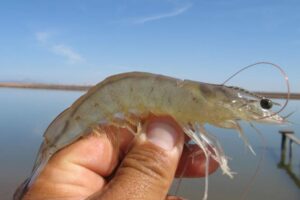
SeekIt™ enables rapid, equipment-free molecular diagnostic testing for aquaculture diseases, matching qPCR sensitivity in detecting WSSV while being easy for field use.
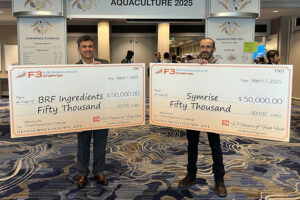
Brazil's BRF Ingredients and Germany's Symrise won the F3 Krill Replacement Challenge for innovations in replacing krill in aquaculture feed.
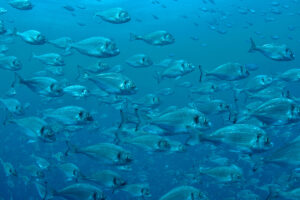
Sanacore®GM, a broad range health-promoting feed additive, has been shown to reduce carbon emissions in sea bream farming by 7.5 percent.
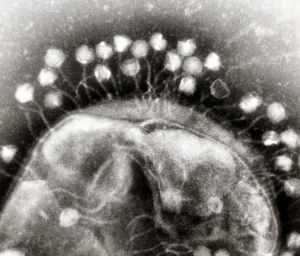
Bacteriophage therapy instead of antibiotics to treat bacterial diseases in aquaculture is still in the early stages of development but has potential.
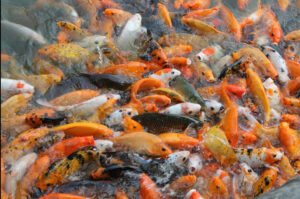
Aquatic Life Institute's Tessa Jane Gonzalez says incorporating animal welfare into aquaculture decision-making has strong ties to sustainability.
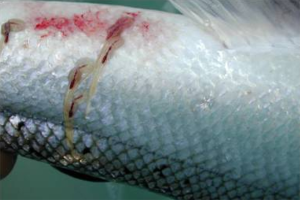
EVAH’s patented in-feed treatment targets sea lice with over 99 percent efficacy, aiming to cut costs and improve fish welfare.
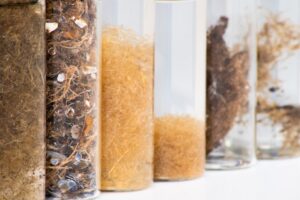
Seastex upcycles mussel waste into ‘seawool’ – a recyclable, biodegradable textile offering a green alternative to synthetics.

Speakers at the Blue Food Innovation Summit addressed numerous issues like aquafeeds, new technologies and defining the “smallholder.”
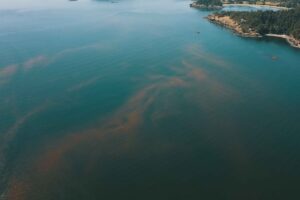
New UK-wide training will help aquaculture tackle harmful algal blooms with standard reporting and early warning systems.
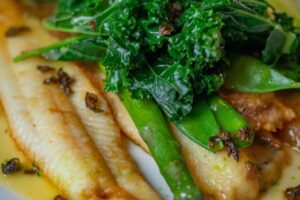
Cambodia’s latest food security and nutrition strategy includes fish, aiming to promote healthy diets and tackle malnutrition nationwide.
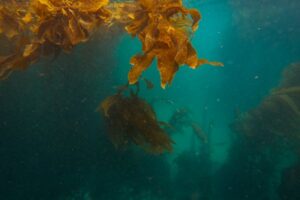
Survey says ready-to-eat seaweed products added to familiar foods drives consumer appeal, and other insights for the seaweed farming sector.
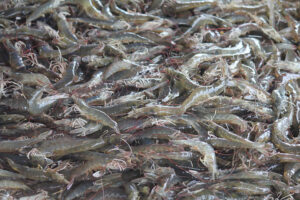
Study aims to increase awareness and knowledge about shrimp grow-out to enhance product quality, optimize efficiency and address animal welfare.
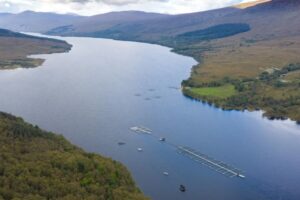
A review of 37 years of data finds that the nutrient status of a freshwater loch was not significantly altered by farming.
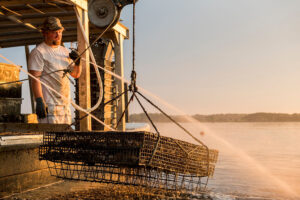
European researchers are investigating the prevalence of Vibrio, common bacteria in many types of shellfish, and identifying high-risk zones.
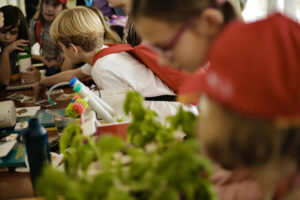
The Farmers of the Water program empowers young consumers to appreciate farmed fish and actively engage with the aquaculture industry.
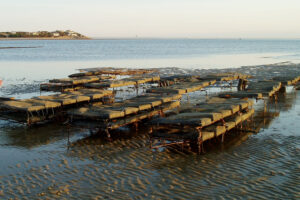
Investigadores europeos están investigando la prevalencia de Vibrio, bacterias comunes en muchos tipos de mariscos, e identificando zonas de alto riesgo.
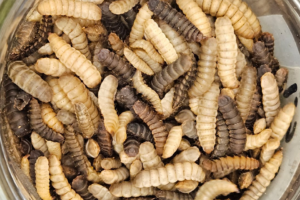
La harina de mosca soldado negra debería reconocerse como un aditivo alimentario funcional, que favorece la antioxidación, la inmunidad y la salud intestinal de los peces de cultivo.
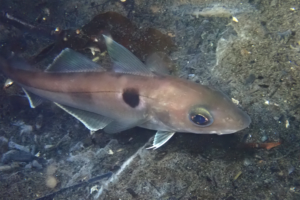
Una revisión exhaustiva de la aplicación de modelos multi-especies en la investigación pesquera, destacando sus usos geográficos y específicos de cada especie.